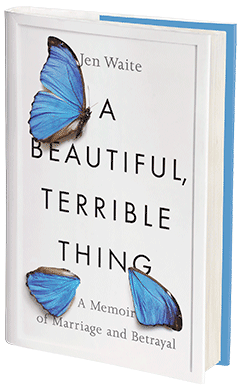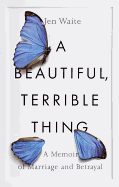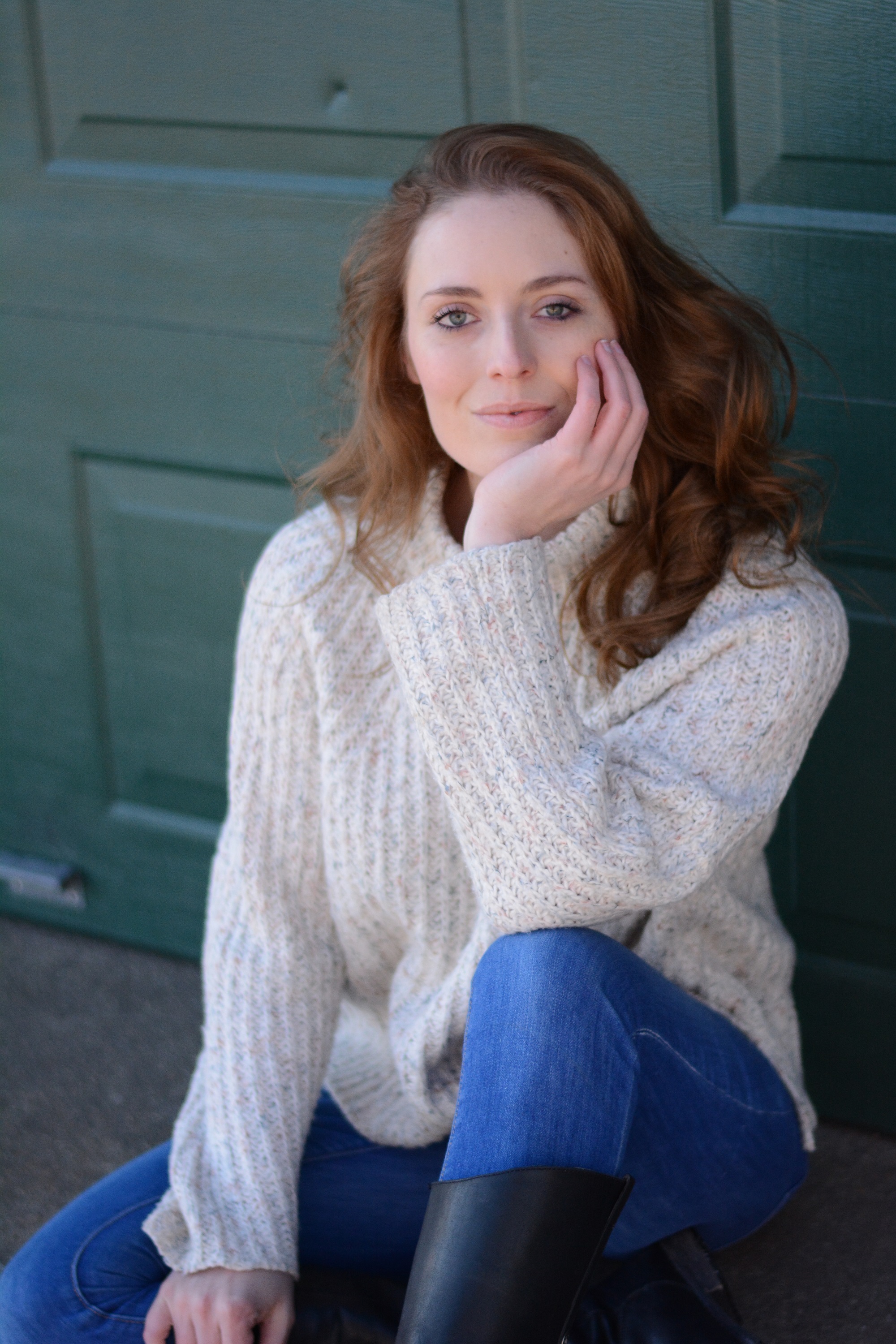A Beautiful, Terrible Thing: A Memoir of Marriage and Betrayal
by Jen Waite
A Beautiful, Terrible Thing is an extraordinarily gutsy memoir that hangs the author's every raw emotion on a proverbial laundry line for all the world to see. Jen Waite is a smart, beautiful aspiring actress when she meets handsome, charming Marco at the restaurant where they work. Their first encounters are like a fairy tale--sparks fly, fireworks burst in mid-air and they both "just know" they have found "the one." Jen's gut tells her Marco is exactly who she's been waiting for. He's so attentive and engaged it feels as if she's known him forever, allowing her to reveal her inner self more quickly than ever before. Marco mirrors her feelings of intimacy and soon the duo is immersed in a passionate and dedicated romance. Jen is not alone in her estimation of Marco, who wins over her family with his charisma and open devotion. Madly in love, within five years they marry and are expecting their first child.
Upon their daughter's birth--what should be a magical time for the golden couple--their perfect path takes an abrupt hairpin turn. Jen stumbles across an e-mail Marco has sent to a realtor referencing a girlfriend and an apartment. Marco vehemently denies an affair. He also claims he must be ill, because he is empty of emotion and when he looks at the wife he only recently adored he "feel[s] nothing." Thus begins Jen Waite's journey through hell. Despite all the signs something is amiss, Marco has an answer for every question Jen poses, every fact that doesn't fit. One morning, deep into the morass of her troubled marriage, Jen turns to Google. The search "husband affair liar personality change" irrevocably alters her life. Reading one of the first results, she is hit with the horrific realization that her husband is a textbook psychopath.
With some sudden clarity to the madness, Jen knows she needs to get her daughter away from the toxic relationship. But breaking ties with Marco is much more complicated than a "normal" separation. Jen struggles for months to reconcile the facts and her emotions, a difficult but common hurdle to overcome when dealing with someone of Marco's pathology:
"Anyone involved in a relationship with a psychopath goes through a long period of something called cognitive dissonance. It is a period of time during which you are trying to merge two realities: that the person you thought was your best friend and love of your life is actually nothing but an illusion; his sole objective was to build you up so he could destroy you in the worst way possible."
As Jen tries to extricate herself from the relationship, the potency of Marco's pull on her and his chameleon-like ability to keep her off balance becomes evident. Despite mounting evidence against him, Marco never ceases in his efforts to impede Jen's ability to get her footing:
"I know that the very fact that I am playing means that he is still winning. But I don't know how to let him go completely.... I went from trusting and loving this person, from feeling adored and protected, to licking bitter morsels off the ground that he is throwing at me whenever he senses that I am starting to break free. Now I understand why sociopaths are dubbed 'human heroin.' I have been shooting pure, unadulterated psychopathic love into my bloodstream for five years. I am coming down from a drug I didn't even know I was on, and the withdrawal has knocked me on my f**king ass."
Written in "Before" and "After" timelines separated by the day Jen finds Marco's e-mail, the memoir is brutally painful from both ends. "After" Jen struggles to reconcile the devoted Marco she married with the man he becomes overnight, which colors all of "Before" Jen's ignorant bliss. Coming to grips with the realization that neither of those men is Marco, that he became what he knew she desired only to destroy her at her most vulnerable, is the journey at the heart of A Beautiful, Terrible Thing.
Waite's experience is haunting and fascinating, her story courageously told. The writing is evocative, so detailed and forthright that the grief and confusion of dealing with someone whose sole goal is to deceive and destroy resonates from every page. By shining a light on how she found herself living in a fiction and came through the experience stronger and empowered, Waite does a great service to those who have likewise suffered, particularly with undeserved feelings of shame. The pointedly honest narrative strips away any potential "That could never happen to me" defense, amplifying the power of her story. Anyone could end up in Waite's shoes, but the path she ultimately decides to walk in them is one of beauty and triumph. --Lauren O'Brien







